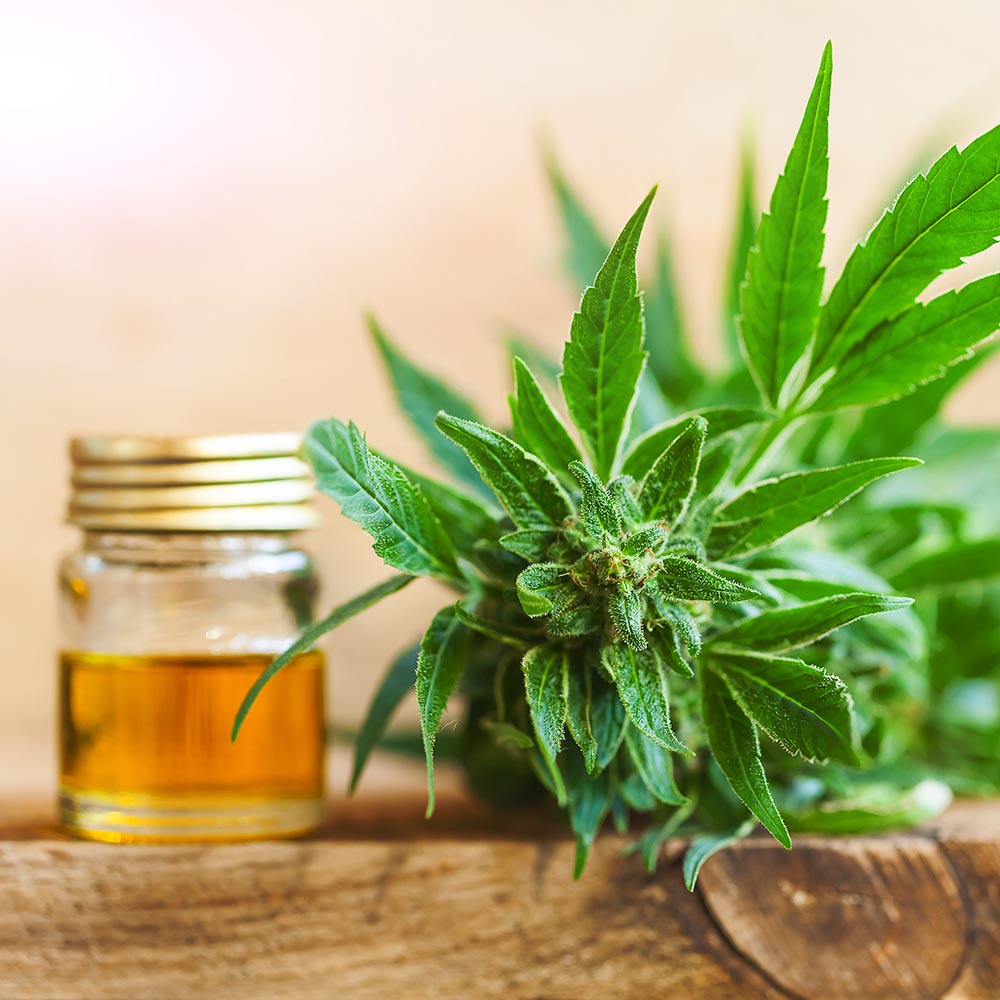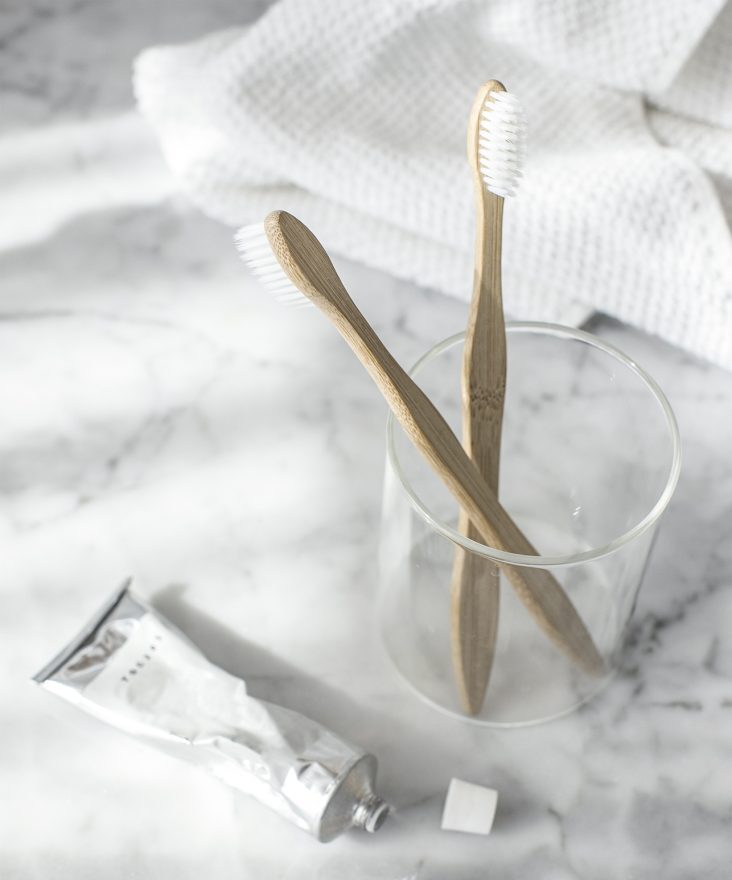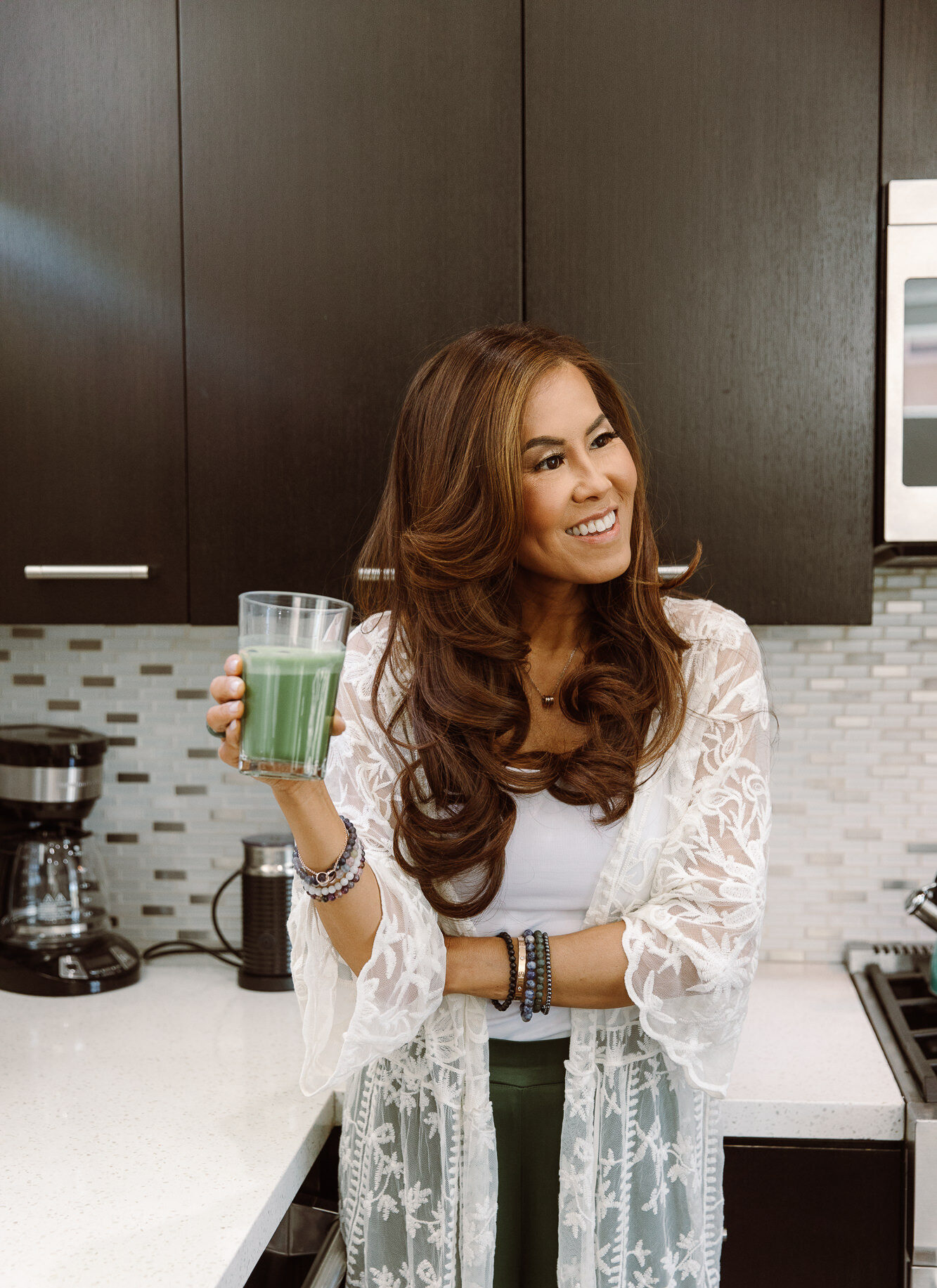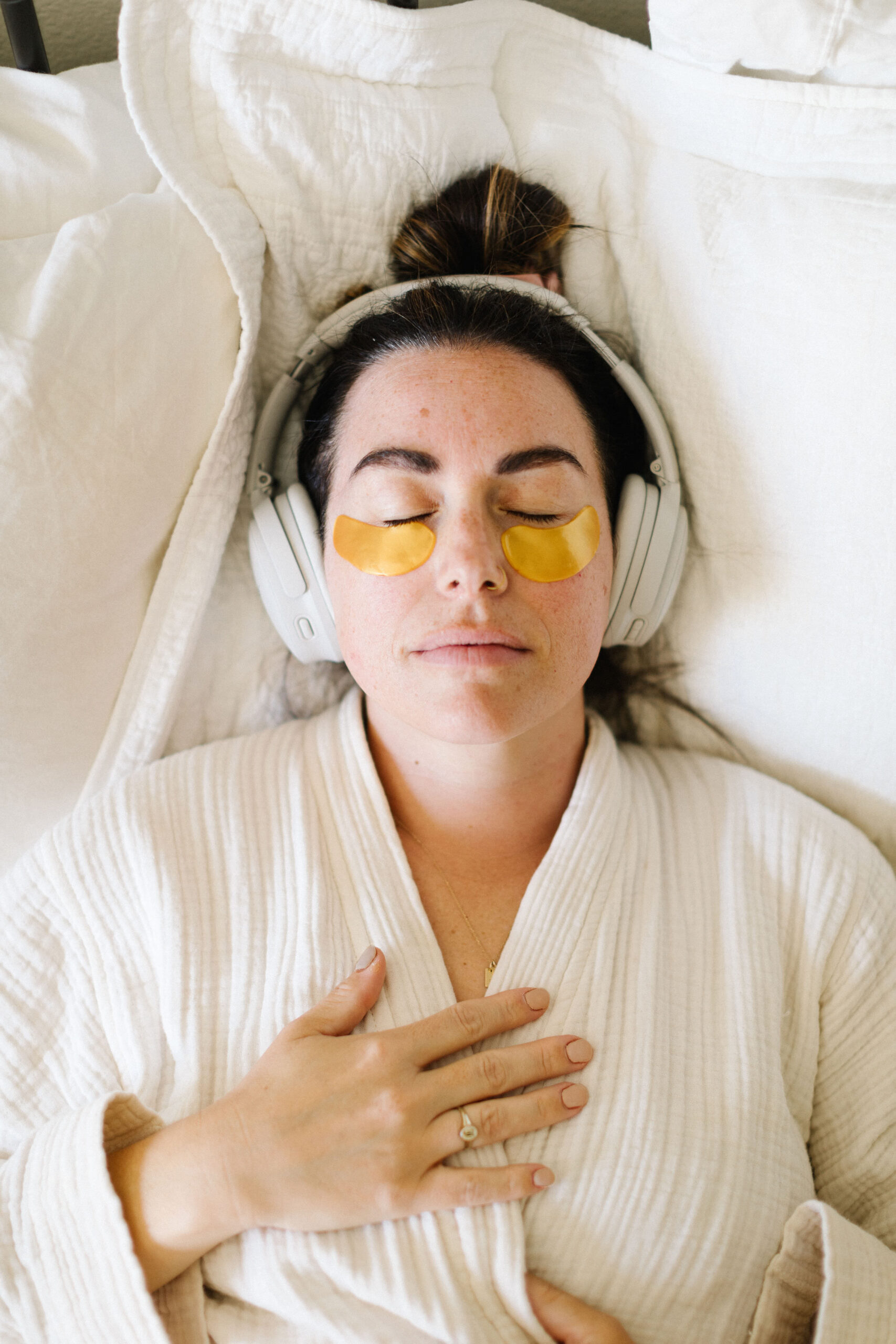Cannabis products are becoming increasingly popular due to their potential therapeutic effects. Many can even be purchased at local health food stores and are often sold as oils, infused in lotions, and added to all sorts of foods (ice cream, honey, peanut butter…you name it!).
Many cannabis products are well-known today, including hemp, CBD, and THC, and they all affect the body very differently. Unfortunately, many people use these terms interchangeably, which can make things extremely confusing.
Here, I discuss the different cannabis products, how they interact with the body, and what you can expect if you use them.
What is Cannabis?
Even though the word “cannabis” is often used to describe marijuana or other related products, Cannabis is actually a type of small, flowering plant. There are technically three species of the Cannabis plant. They are Cannabis indica, Cannabis ruderalis, and Cannabis sativa.
Many people believe that hemp and marijuana are also species of Cannabis, but don’t let this fool you! Instead, hemp and marijuana are simply products from the Cannabis plant that vary based on their levels of THC; hemp contains very small amounts of THC (less than 0.3%) while marijuana contains higher levels of THC (more than 0.3%).
THC is a small molecule found in Cannabis that I’ll discuss in more detail below. This molecule is responsible for the high that people associate with marijuana.
Because of its low THC levels, however, hemp doesn’t produce the high feeling that marijuana does. Instead, hemp is typically used to make products like rope, paper, fabric, clothing, and many other things. According to an article published by CBD Origin, hemp is actually the strongest natural fiber in the world and has over 50,000 different uses! It is legal to grow hemp, but you do need a license in many states.
The Cannabinoids: CBD and THC
Cannabinoids are very small molecules that occur naturally in the Cannabis plant and are responsible for its therapeutic effects. There are over 100 different types of cannabinoids found in Cannabis, but CBD and THC are the most popular and likely the ones you’ve heard of before.
All cannabinoids, including CBD and THC, produce their therapeutic effects by interacting with small receptors found throughout the body, called cannabinoid receptors. Where CBD and THC differ, however, is within their molecular structure; even though they’re made of the same building blocks, the building blocks are arranged differently.
Because of this, CBD and THC interact with different types of cannabinoid receptors to produce very different effects on the body. In general, CBD interacts with cannabinoid receptors that create a more relaxed feeling. THC, on the other hand, interacts with cannabinoid receptors that produce the high associated with marijuana.
Therefore, if you take a product with lower levels of CBD and higher levels of THC, you will experience a stronger high feeling. If you take a product with higher levels of CBD and lower levels of THC, you will experience a weaker, more relaxed feeling.
So, how do CBD and THC work?
Basically, CBD and THC work by pretending to be endogenous cannabinoids in the body. Endogenous cannabinoids are small molecules naturally produced by our bodies and are used to control an important system, called the endocannabinoid system.
The endocannabinoid system helps to regulate a wide range of things that are very important for our daily function. It regulates our energy levels, blood pressure, bone density, and immune system. It also helps to control how we feel and experience pain, our mood, whether or not we feel stressed, feelings of hunger, and many other things. Because of how much it regulates, we can acquire many different types of diseases if the endocannabinoid system fails.
Since our bodies see CBD and THC as endogenous cannabinoids, these two molecules have similar effects on the body as the endogenous cannabinoids do. Therefore, both CBD and THC can be used to supplement or enhance the endocannabinoid system (hello, less stress and improved mood!) and also to prevent many types of diseases.
What are the effects of CBD?
CBD is safe, non-addictive, and non-psychoactive, meaning that it doesn’t make you feel high. It typically helps to relieve unwanted discomfort (less stress or less pain, for example) without causing any changes in cognition, or thinking.
CBD is also thought to be a great, natural alternative to pharmaceuticals that can often have harsh side effects. It can be useful in decreasing pain, anxiety, swelling, depression, acne, diabetes, arthritis, nausea, ADHD, heart disease, and many other problems. Researchers have also begun studying its potential anti-cancer properties and its ability to protect neurons.
CBD may be a great option if you want the health benefits of Cannabis without experiencing a high.
What are the effects of THC?
As I mentioned before, THC is the main psychoactive component of the Cannabis plant. It’s primarily what’s responsible for creating the high associated with marijuana.
The high people experience when taking THC varies from person to person and some are more sensitive to its effects than others. However, most people report feeling relaxed, amused, creative, and more sensitive to things like colors, taste, smell, and touch.
THC creates these feelings by interacting with the types of cannabinoid receptors that control sleeping, eating, perception of pain, and many other things. THC can cause relaxation, altered sense of sight, smell, hearing, fatigue, hunger, and reduced aggression.
Medically, THC is used to reduce the effects of chemotherapy, multiple sclerosis, HIV/AIDS, spinal cord injury, nausea and vomiting, chronic pain, swelling, and to improve digestive health.
Is it legal to purchase THC and CBD?
Many people want to know if THC and CBD are legal. The answer is…it depends.
Currently, CBD can be purchased legally either with a prescription or over the counter. Prescription CBD is stronger than over the counter CBD.
Over the counter CBD is often sold as CBD oil and can be found at health food stores, markets, gas stations, and many other locations. CBD oil is often ingesting directly, infused in edibles, or used in topical creams. Products are marketed for people of all ages and even for pets!
Currently, THC is illegal in some states and legal in others. This may be due, in part, to some of the more serious side effects associated with THC, including impaired thinking and reasoning, decision-making, and decreased control over impulses. Chronic use of THC has also been related to abnormalities of the heart and brain.
Be sure to understand your state’s legislature regarding THC and the potential for more serious side effects if this is something you are considering for personal use.
Overall, CBD and THC have great potential to be all-natural remedies for a variety of ailments, such as reduced anxiety, improved sleep, and decreased pain.
If you’re considering the use of CBD or THC, it’s important to understand how they work and interact with your body to ensure you get the therapeutic effects you’re looking for. I also recommend always using these under the supervision or with the advice of an expert if you’re experimenting with them for the first time.
by





